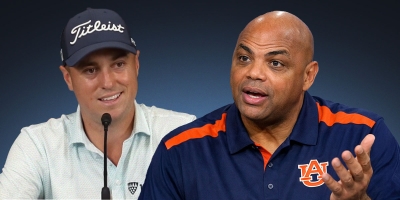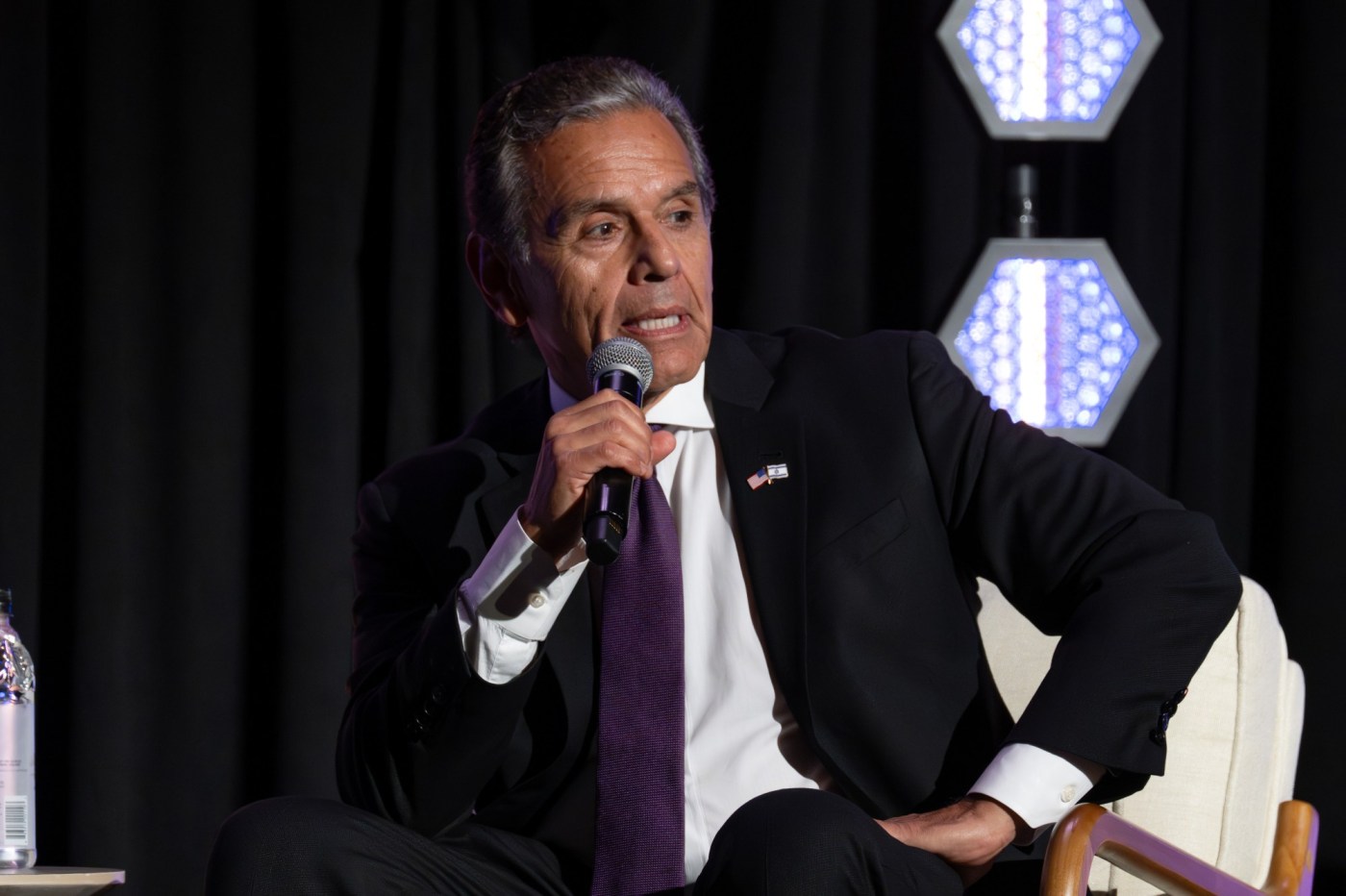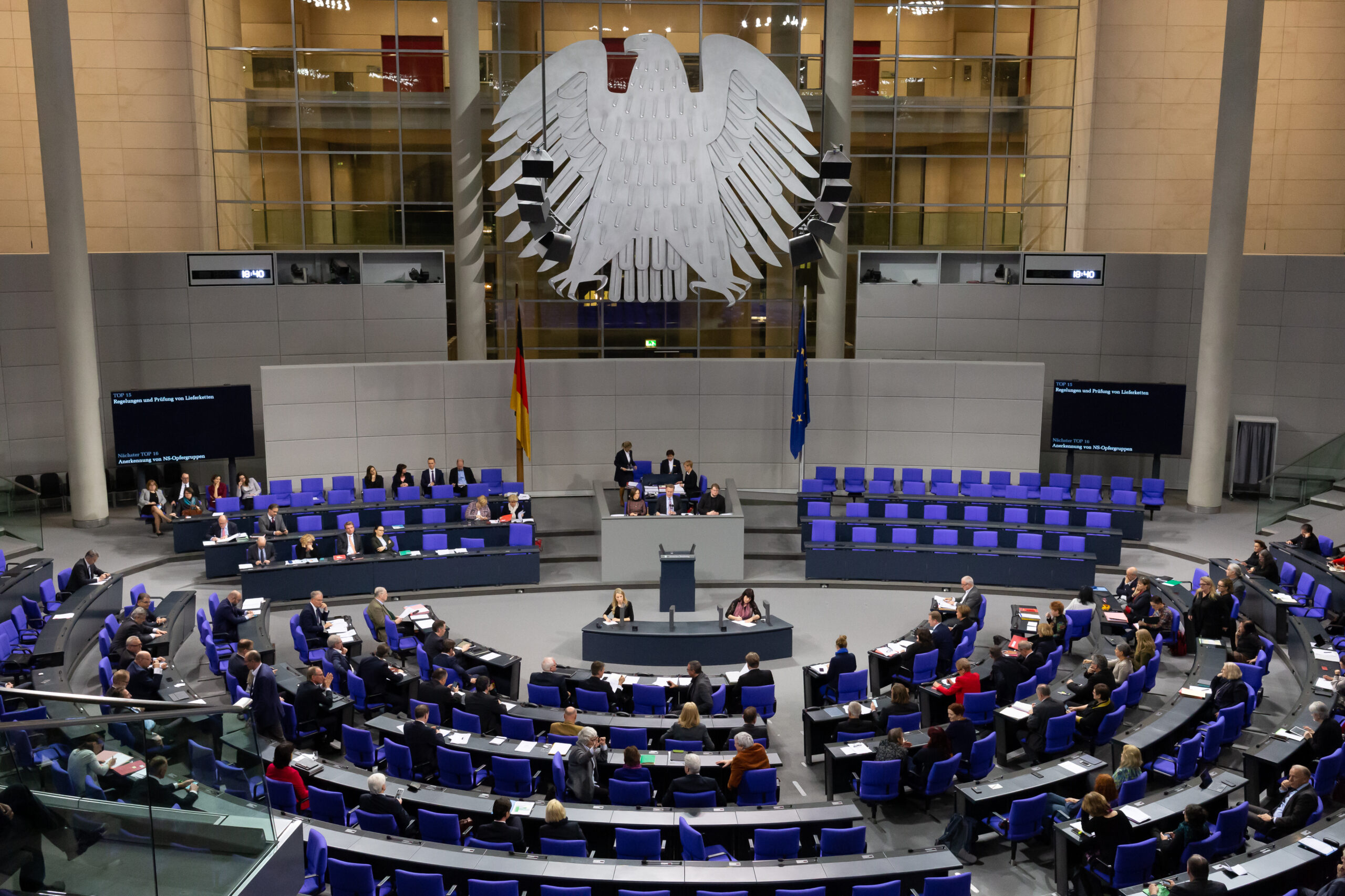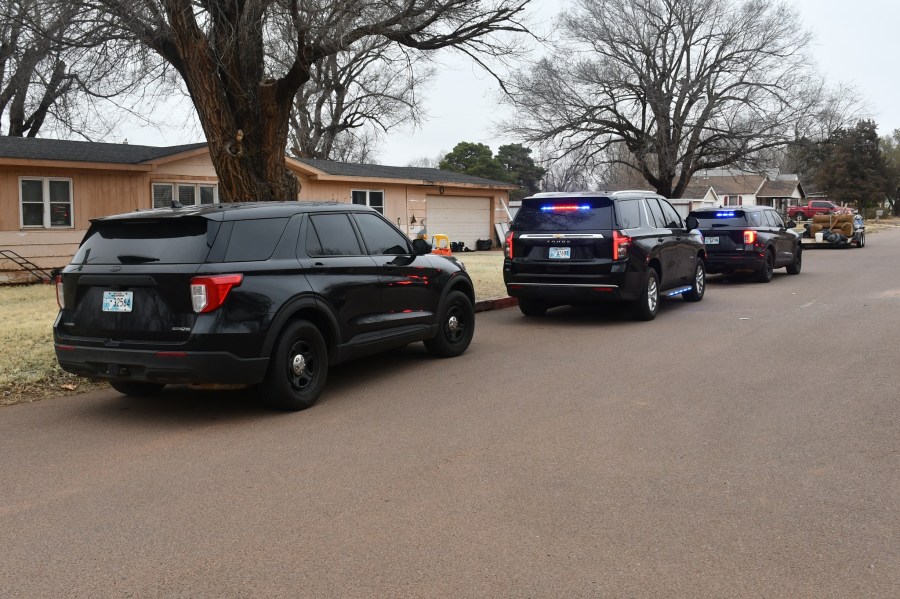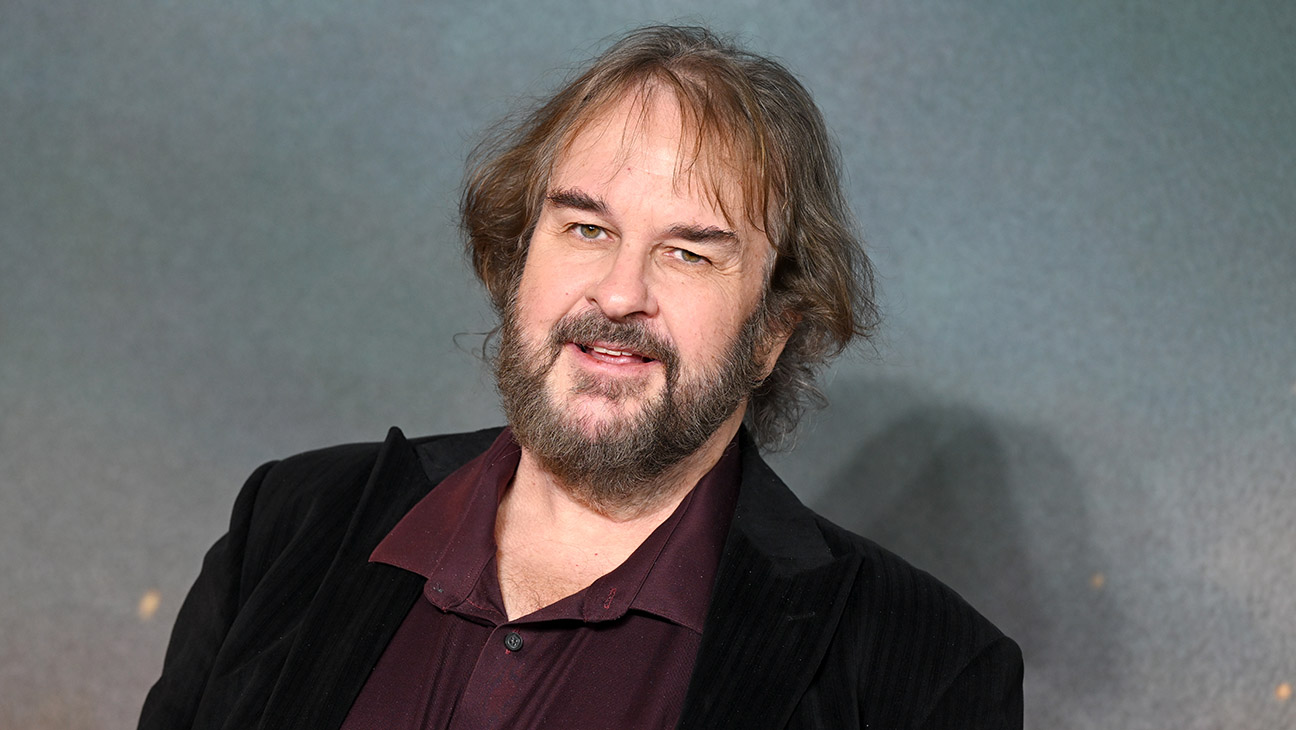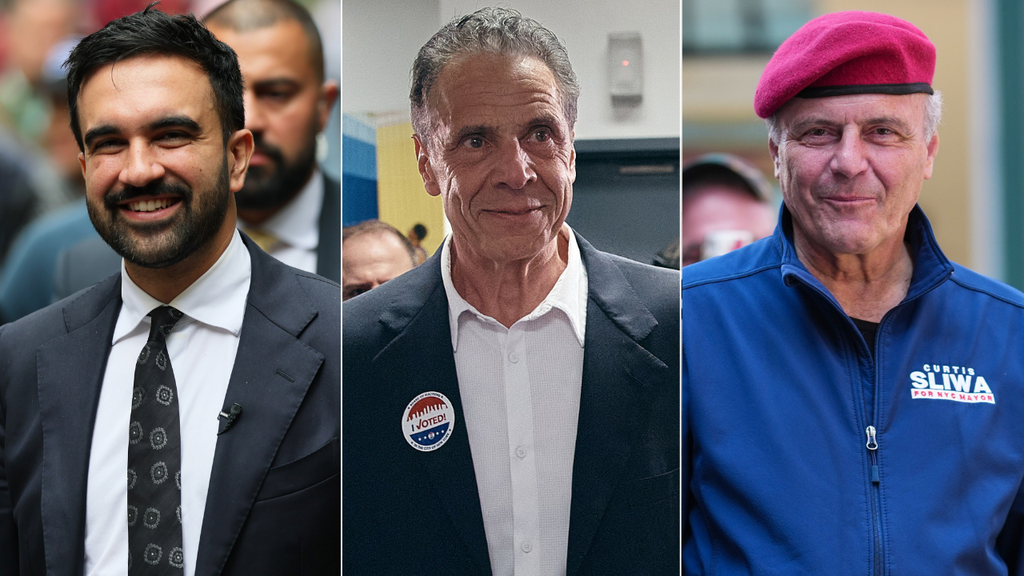
The first debate among candidates for the New York City mayoral election took place on March 15, 2025, featuring prominent figures Zohran Mamdani, Andrew Cuomo, and Curtis Sliwa. This event marks a critical moment in the lead-up to the general election, as voters prepare to head to the polls in a matter of weeks.
Key Issues on the Table
During the debate, the candidates tackled pressing topics that resonate with New Yorkers. Issues such as public safety, housing affordability, and economic recovery were at the forefront. Each candidate presented their vision for the city’s future, aiming to distinguish themselves from their opponents.
Zohran Mamdani, a progressive candidate, emphasized the need for comprehensive reform in public safety. He argued for a community-focused approach, calling for increased investment in social services to address the root causes of crime. Mamdani’s stance reflects a growing sentiment among constituents who seek to balance safety with community needs.
On the other hand, former Governor Andrew Cuomo highlighted his experience in leadership and crisis management. He pointed to his track record during his tenure, suggesting that his policies had a positive impact on the city’s recovery from past challenges. Cuomo’s campaign is banking on his established presence in New York politics to rally support.
Curtis Sliwa, the founder of the Guardian Angels, took a more traditional stance on law enforcement. He called for increased police funding and a return to more aggressive policing strategies. Sliwa’s remarks resonated with voters concerned about crime rates, positioning him as a candidate focused on immediate safety solutions.
Reactions and Implications
The debate drew significant attention, not only from the candidates’ supporters but also from undecided voters. Analysts noted that this exchange could shape public opinion as the election date approaches. Voter engagement is crucial in a city where turnout can significantly influence outcomes.
Polls show that the race is competitive, with no clear frontrunner emerging. According to a survey conducted by Gallup, just weeks before the debate, respondents expressed a desire for candidates who prioritize both safety and social equity. This sentiment underscores the challenge each candidate faces in appealing to a broad electorate.
As the candidates prepare for subsequent debates and campaign events, the importance of addressing voter concerns remains paramount. The outcome of this election could set the tone for New York City’s governance in the years to come.
In summary, the first debate provided a platform for Mamdani, Cuomo, and Sliwa to articulate their visions. With the general election looming, how these candidates connect with voters will be crucial in determining who will lead this iconic city in the next chapter of its history.
